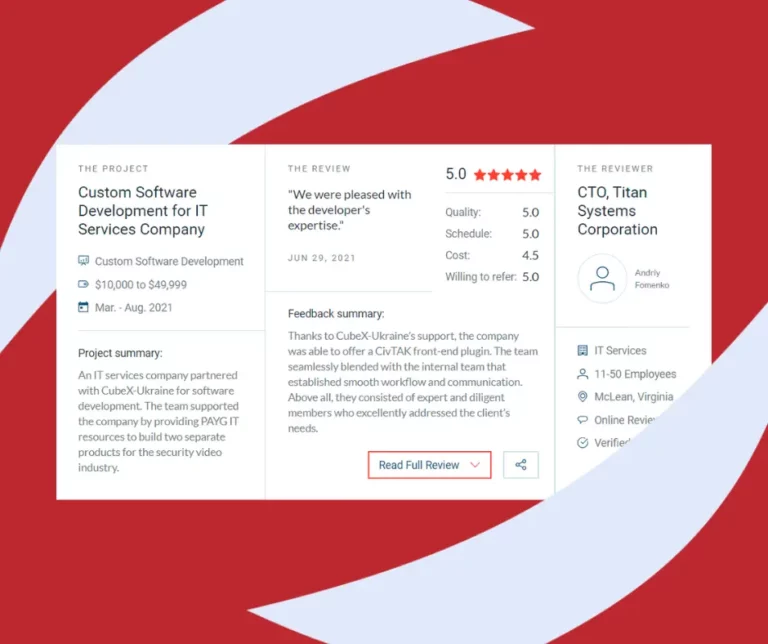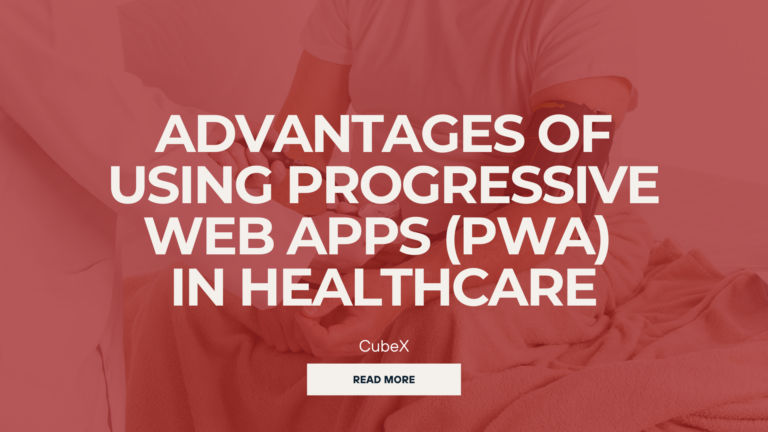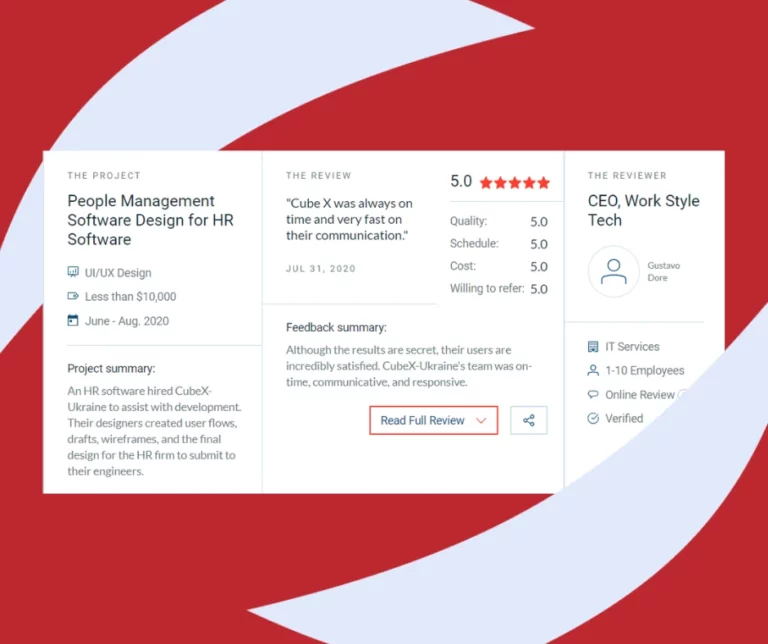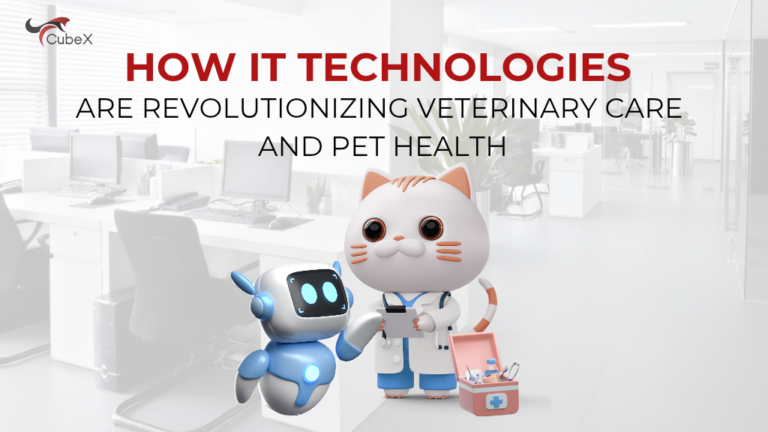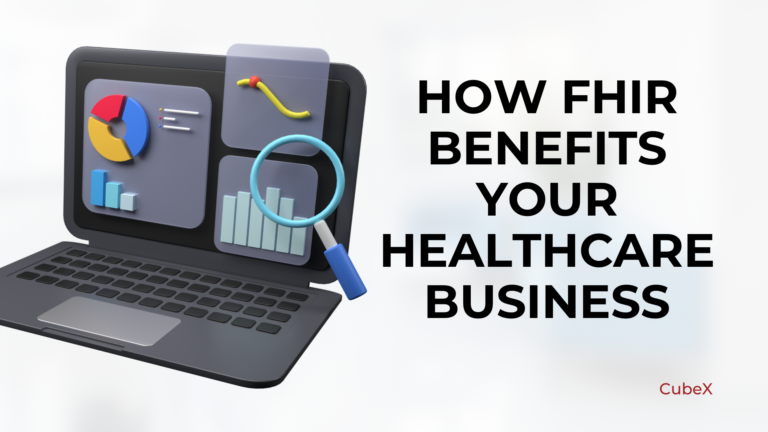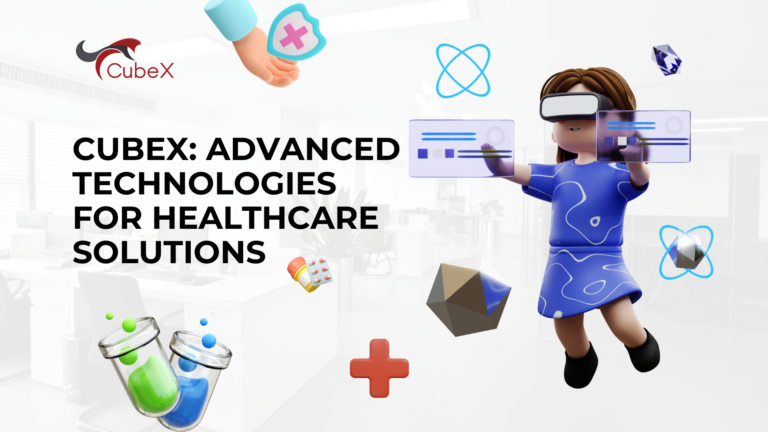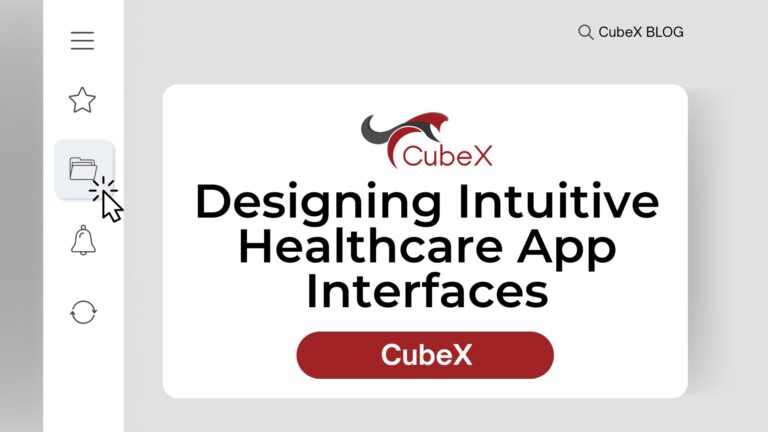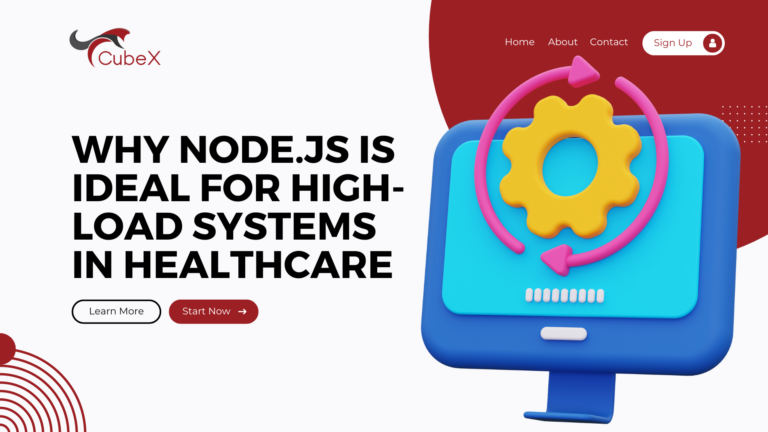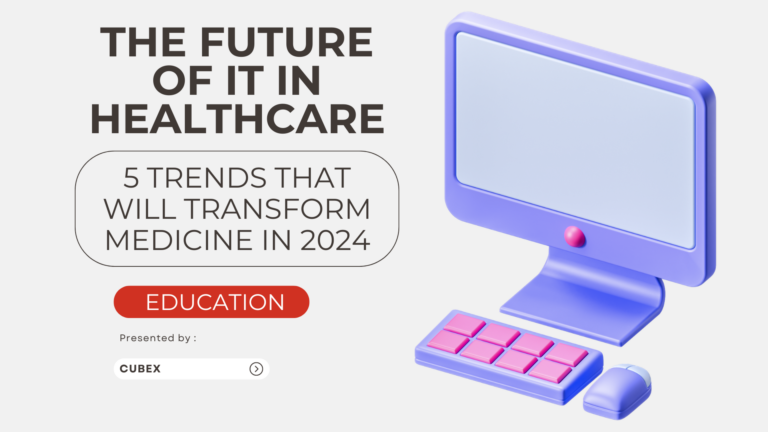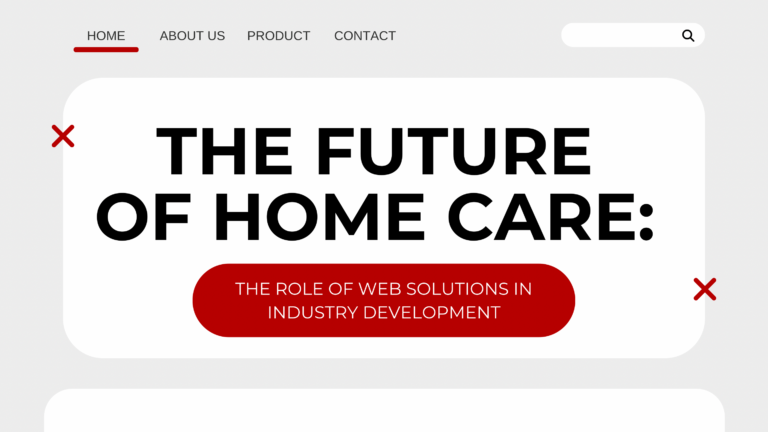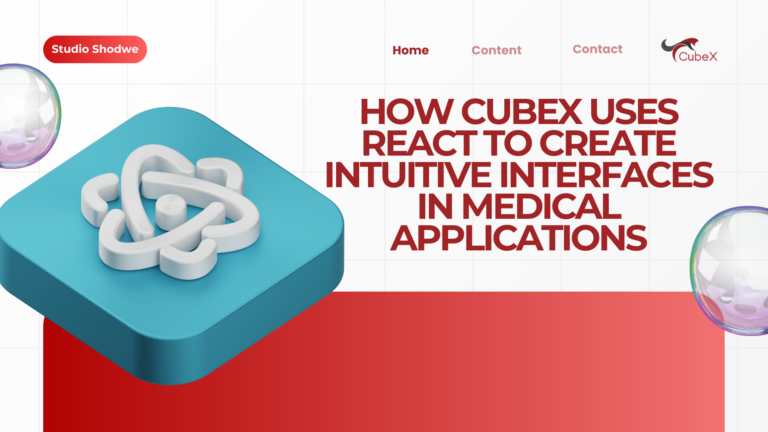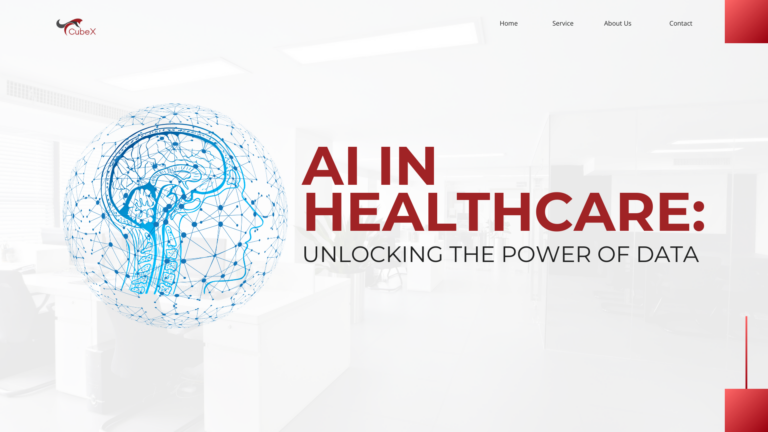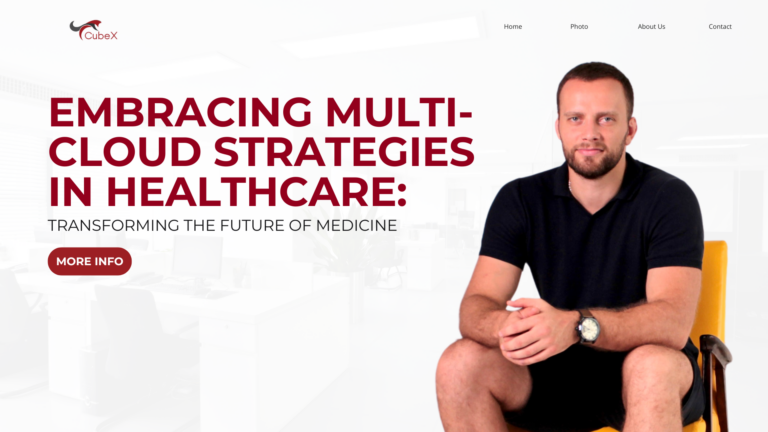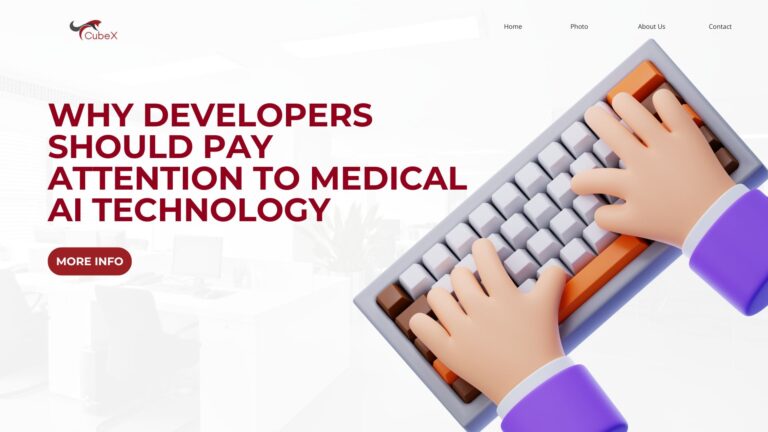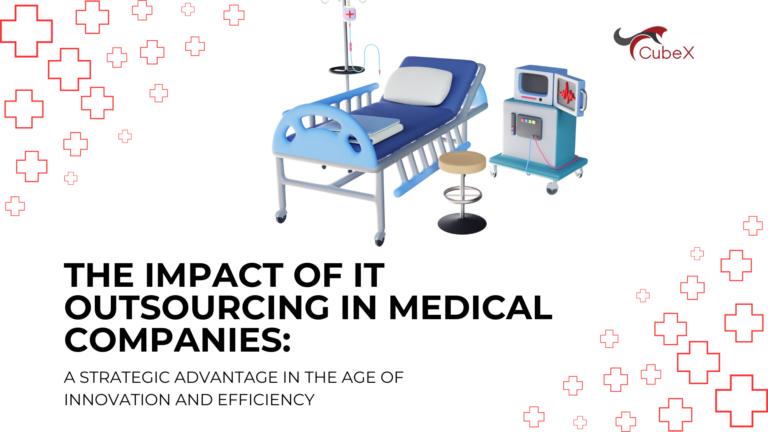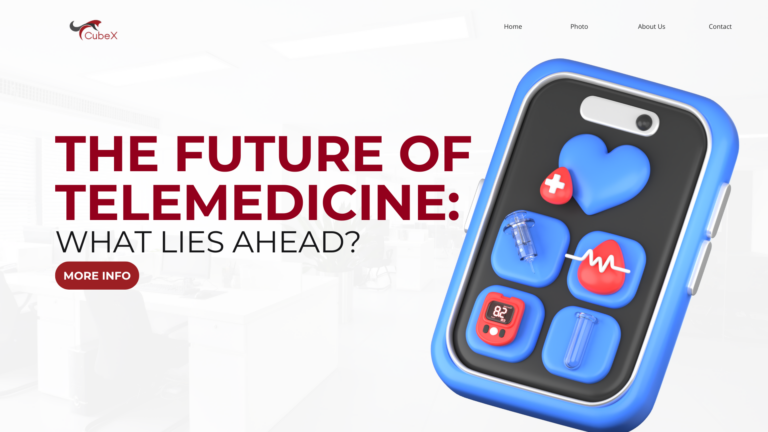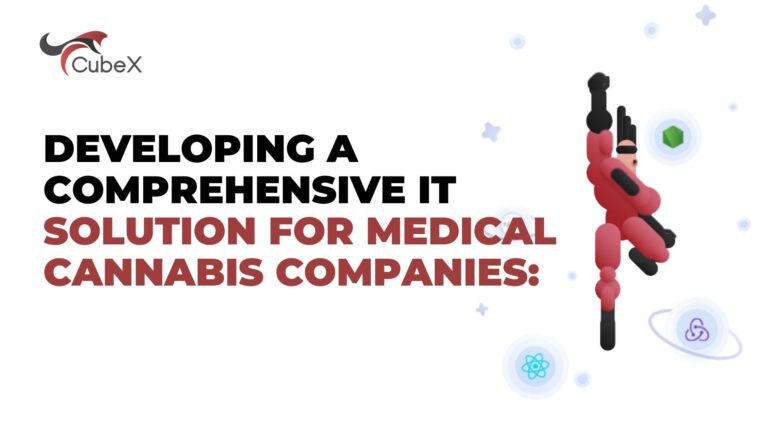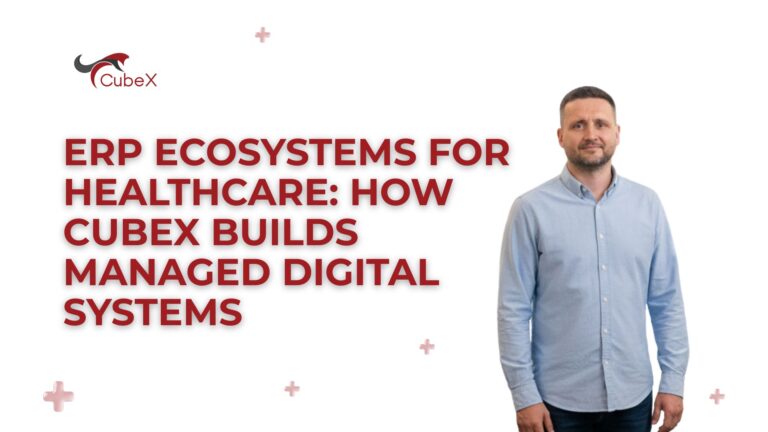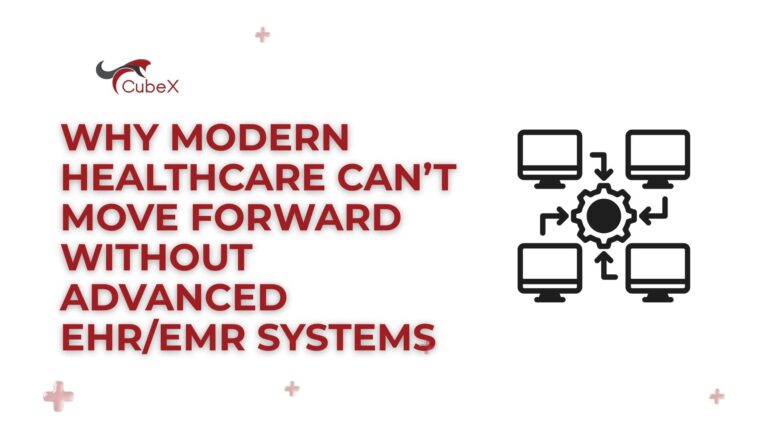The Impact of IT Outsourcing in Medical Companies: A Strategic Advantage in the Age of Innovation and Efficiency
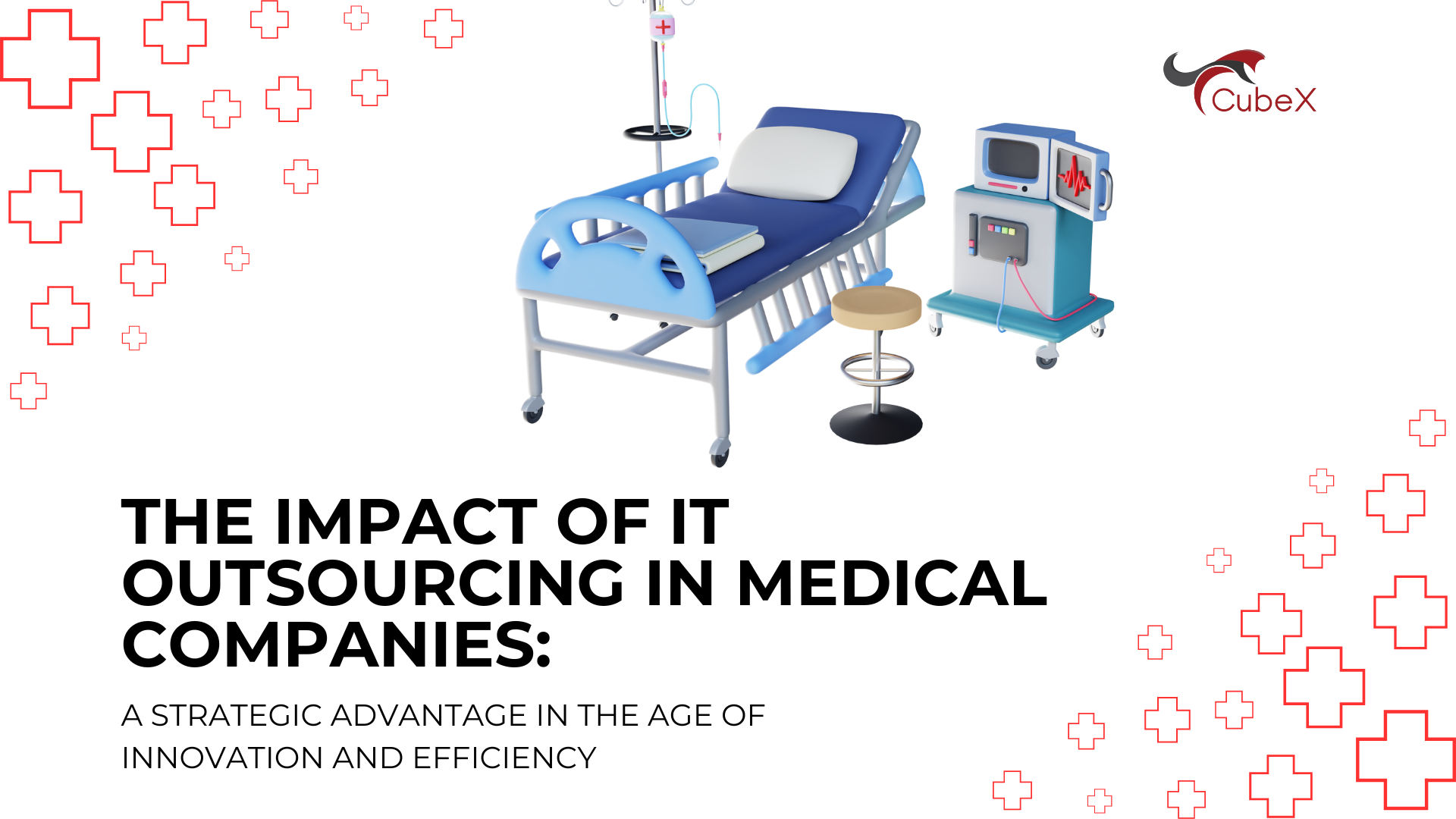
In the rapidly evolving world of healthcare, medical companies are under increasing pressure to adapt to new demands. Efficient use of IT resources is becoming a critical aspect of successful operations. IT outsourcing is a growing trend in the healthcare industry, as companies seeking to reduce costs, increase flexibility, and improve patient care turn to external partners for their IT needs.
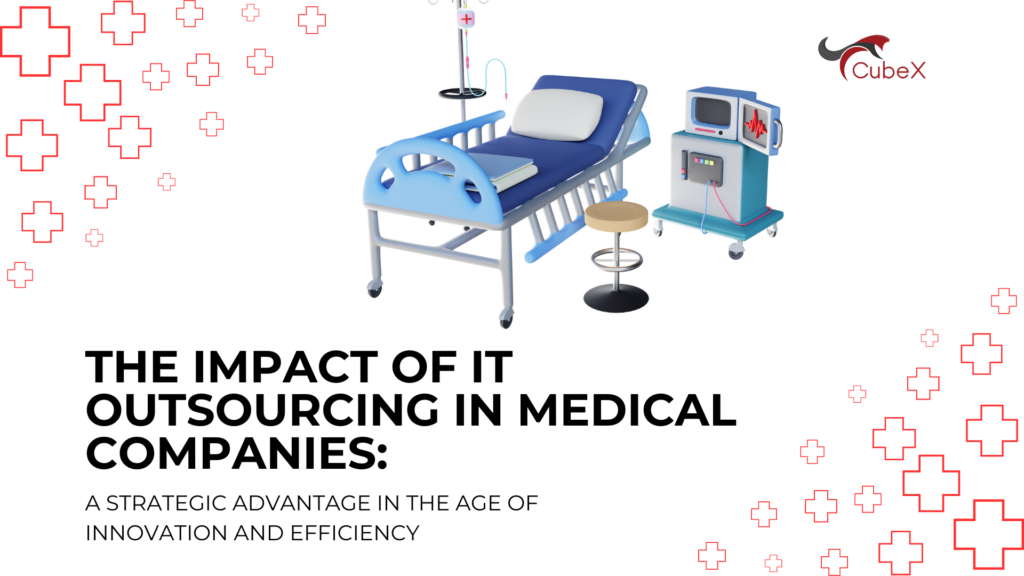
1. Cost Reduction and Increased Efficiency
IT outsourcing offers healthcare organizations a significant opportunity to reduce operational costs. According to a Deloitte study, companies that utilize outsourcing reduce their expenses by 20-30% on average by cutting back on staffing and optimizing spending on infrastructure and software. Outsourcing technology solutions eliminates the need for large in-house IT teams, significantly lowering expenses for salaries, training, and employee benefits.
For example, in 2022, global spending on healthcare IT services exceeded $45 billion, and it is expected to reach $66 billion by 2026, with much of the growth driven by outsourcing services (according to Mordor Intelligence).
2. Access to Expertise and Cutting-Edge Technologies
Modern healthcare technologies, including Electronic Medical Records (EMR), telemedicine, big data analytics, and artificial intelligence, require high-level expertise and specialized skills. Outsourcing provides access to professionals with extensive experience in these areas. Many companies can no longer afford to keep such specialists on staff due to their high cost.
A report by Global Healthcare Outsourcing Market revealed that more than 40% of organizations consider access to expertise a key factor when choosing an IT service provider. This underscores the importance of accessing up-to-date knowledge and tools that can enhance the quality of healthcare services.
3. Focus on Core Activities
By outsourcing IT tasks, healthcare organizations can focus on their primary mission—providing quality patient care—while leaving the technological challenges to specialized external teams. This frees up resources and time for doctors, administrators, and other staff, leading to more efficient operations across the entire organization.
According to an NCBI report, hospitals and medical facilities that use IT outsourcing saw a 15% increase in patient satisfaction, as faster and more reliable data systems improve the overall quality of care.
4. Scalability and Flexibility in a Changing Environment
One of the key benefits of outsourcing is the ability to quickly scale up or down depending on project needs. This is especially important in the healthcare industry, where both short-term and long-term projects may require different levels of IT support. Scalability allows companies to flexibly respond to market changes, implement new technologies and services like telemedicine and remote health monitoring, without needing to expand internal teams.
A report by Grand View Research noted that during the COVID-19 pandemic, the demand for telemedicine services grew by more than 154%, leading to an increase in demand for healthcare IT outsourcing. External providers helped hospitals and clinics quickly implement new solutions without disrupting ongoing processes.
5. Faster Time-to-Market
Competition in the healthcare industry demands rapid innovation and the development of new solutions. Using outsourcing for IT product development significantly speeds up the time to market. A McKinsey report showed that companies utilizing outsourcing reduce development timelines by 20-25%, giving them a substantial advantage in a highly competitive environment.
Example: One of the leading medical companies in Europe, using outsourcing for the development of a telemedicine platform, was able to reduce the time to create an MVP from 12 to 6 months, allowing it to quickly secure a leading position in the market.
Economic and Practical Outcomes of Outsourcing
To further validate the effectiveness of IT outsourcing in healthcare, here are some key performance indicators:
- Reduction in IT Costs: According to the IT Outsourcing Statistics 2023 report, the average savings on IT services through outsourcing is around 25%. For large hospitals, this can translate into millions of dollars saved annually.
- Increased Patient Satisfaction: The implementation of modern IT solutions, such as enhanced EMR systems, has led to a 10-15% improvement in patient satisfaction.
- Reduction in Development Time: Companies using outsourcing reduce IT development timelines by 20-30%, enabling them to launch innovative products and technologies more quickly.
Practical Case Study: Outsourcing for Telemedicine Platform Development
One large American healthcare company decided to outsource the development of a new telemedicine platform, reducing its IT costs by 35%. This allowed for a faster system launch, a 50% decrease in testing errors, and a 120% increase in platform users within the first year after launch.
Conclusion
IT outsourcing in the healthcare industry has become a vital strategic tool, allowing organizations to stay competitive, adapt to rapidly changing conditions, and implement cutting-edge technologies. Cost savings, access to expertise, scalability, faster time-to-market, and the ability to focus on core activities make outsourcing an attractive choice for many healthcare companies. As healthcare continues its digital transformation, outsourcing will become an even more valuable and essential tool for success.
Companies like CubeX provide healthcare organizations with the opportunity to leverage all the benefits of outsourcing by offering innovative solutions that not only reduce costs but also improve patient care by accelerating the adoption of new technologies.
Contact Us
Please contact us for any further information








